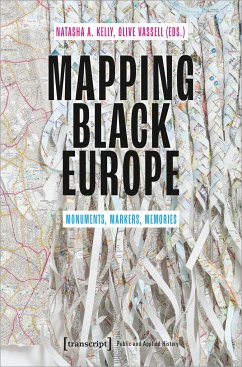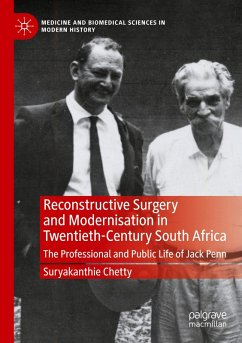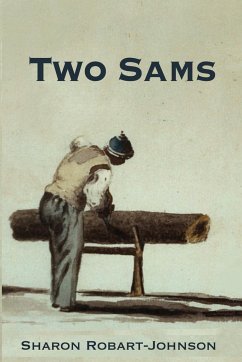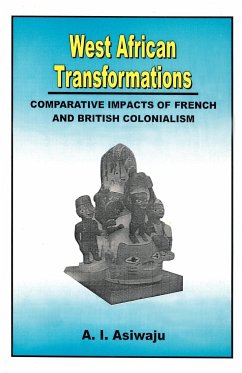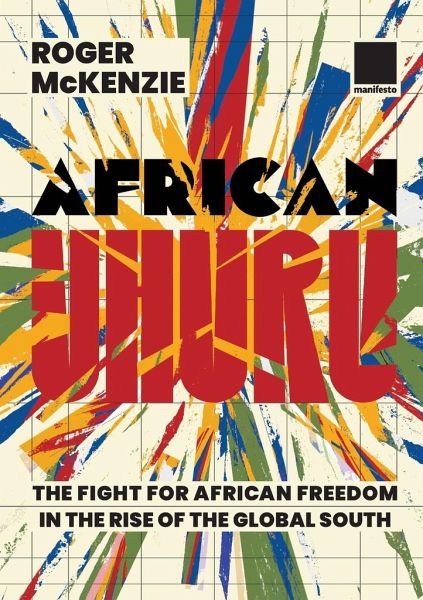
African Uhuru
the fight for African freedom in the rise of the Global South
Versandkostenfrei!
Versandfertig in 1-2 Wochen
20,99 €
inkl. MwSt.

PAYBACK Punkte
10 °P sammeln!
"African Uhuru: the fight for African freedom in the rise of the Global South" - Roger McKenzie's latest writing - addresses several distinct but complementary audiences. In focussing on the radical tradition of African self-liberation he draws attention to the most dynamic aspect of the decolonisation process, the unstoppable impetus to overthrow the shackles of imperial domination and traverse the path to full liberation on terms set by African people's themselves. That this process was intimately involved with global processes - the Russian revolution, the defeat of fascism, the Latin Ameri...
"African Uhuru: the fight for African freedom in the rise of the Global South" - Roger McKenzie's latest writing - addresses several distinct but complementary audiences. In focussing on the radical tradition of African self-liberation he draws attention to the most dynamic aspect of the decolonisation process, the unstoppable impetus to overthrow the shackles of imperial domination and traverse the path to full liberation on terms set by African people's themselves. That this process was intimately involved with global processes - the Russian revolution, the defeat of fascism, the Latin American drive to national sovereignty against the dominant imperium, the Chinese fight to end foreign domination, the national liberation movements of South Asia - draws our attention to the singular, particular and heroic aspects of the movement for African liberation. For a British audience the anti-colonial struggles of the African people and the Caribbean are contested territory with a powerful attempt by contemporary ideologues of empire to disappear the role of slavery and super exploitation in the creation of modern Britain. The historical fact is that the earliest struggles against slavery and revolts against colonial power were precursors to the fight against anti Black racism in present times but beyond that they are an essential element in the global struggle to end every form of capitalist exploitation. McKenzie weaves together the different strands of resistance to racism and exploitation in the metropolis with a constant reference to its foundation in the drive for profit and in the manifold forms of self organisation and self liberation that Black and colonial peoples created. There is no concession to sentimentality in this account but a pitiless focus on the failures of the British labour movement to make the struggle against capital a common fight. There is a valuable timeline detailing the long struggle of Black workers to claim their place in the trade union movement and transform its practices and a revealing account of the parallel struggles in the Labour Party. There is detail in this book which will give substance to our understanding of both the extent and depth of the fight against colonialism, racism and exploitation but when McKenzie returns to consider the new global conditions which represent a challenge to imperial power he points to new strategic opportunities that, for success, rest on the the goal of a thoroughgoing challenge to the global power of capital.




